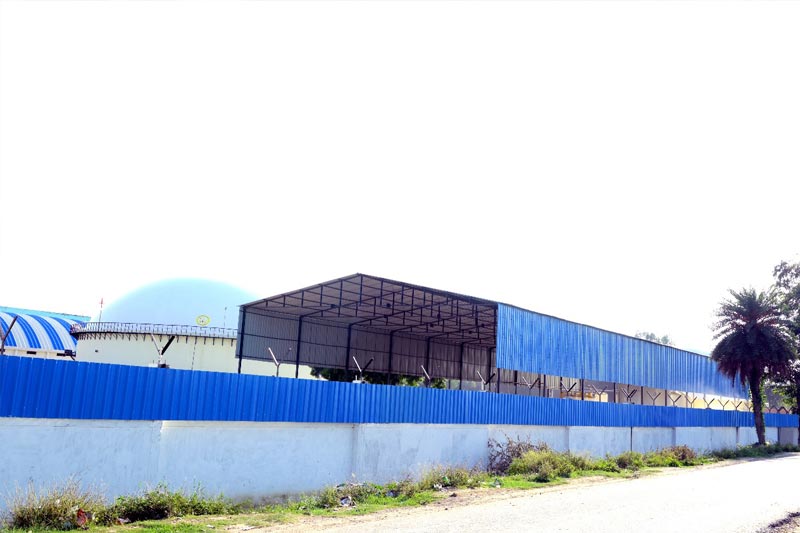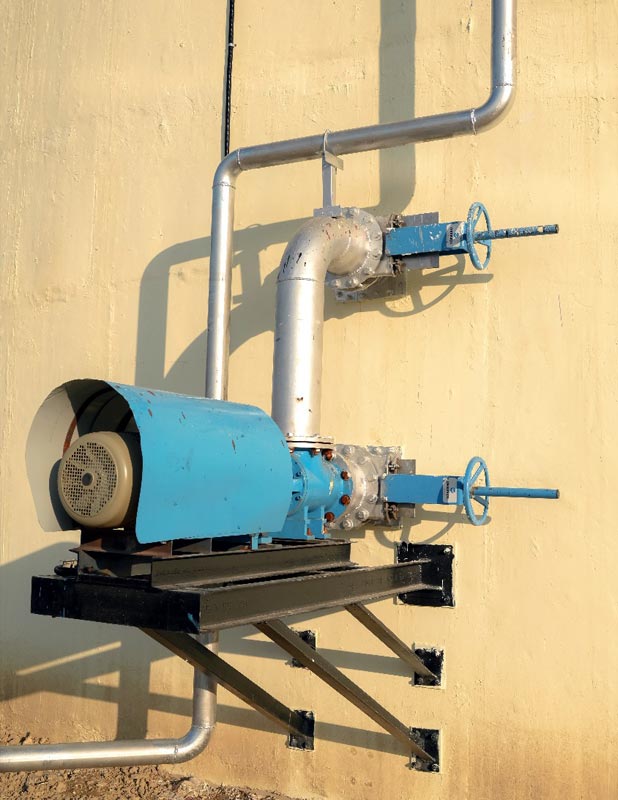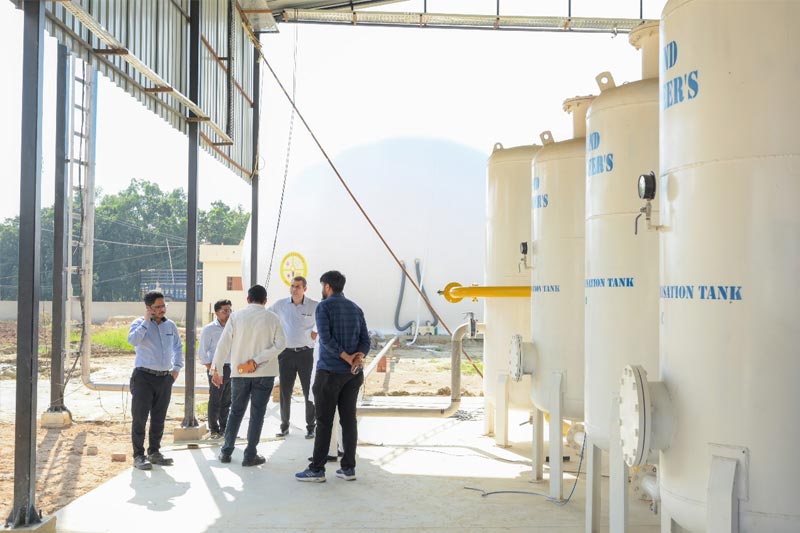Installation Process of Bio-Coal Plants
Feasibility Study & Planning
The process begins with a detailed feasibility study to evaluate the availability of biomass (crop residues, forestry waste, agro-industrial by-products), land requirements, water access, logistics, and market demand for bio-coal. This ensures the project is technically and financially viable.
Site Selection & Layout Design
A suitable site is chosen, ideally close to raw biomass sources and transport networks. Plant layout is planned to include storage areas, processing units (dryers, torrefaction/carbonization reactors), briquetting/pelletizing machines, and finished goods warehouses.
Biomass Collection & Storage Setup
Infrastructure is created for the collection, segregation, and storage of raw biomass. Covered storage units or silos are established to prevent moisture absorption, which is critical for producing high-quality bio-coal.
Pre-Processing & Drying System Installation
Dryers, shredders, and crushers are installed to reduce the size of raw biomass and lower its moisture content. Pre-processing ensures uniformity, which improves efficiency in the torrefaction or carbonization stage.
Quality Testing & Storage
A lab setup is added to monitor calorific value, ash content, and moisture of the bio-coal. The finished bio-coal is then stored in dry warehouses, ready for industrial supply.
Power & Utility Setup
Power supply (grid or renewable), water lines, and backup systems are installed to ensure continuous operations. Some plants also use waste heat recovery systems to improve efficiency.





